Samsung might lead in AI smarts, but Apple just secured a highly advantageous position

A new report indicates Apple has joined the board of directors for the Ultra Accelerator Link Consortium, which gives it powers to have a say in how AI server infrastructure will evolve.
Apple's big promises on Apple Intelligence are yet to deliver and the company is now a bit behind its hyperactive competitors in the AI field. We've just had some great AI smarts leak for the upcoming Galaxy S25 phones which, if true, means Samsung could be throwing an unapologetic gauntlet at Apple when it comes to AI. However, Cupertino is not ready to back off just yet and has now gotten itself into quite a powerful position.
The Ultra Accelerator Link Consortium is developing standards that are key for the advancements in artificial intelligence models and accelerators. In simple terms, the group is influential to the future of AI itself. On the board of directors, we have Microsoft, Google, Meta, and others, and now, guess also who: Apple. Samsung doesn't currently appear to be a part of that clique.
The group now consists of more than 65 companies.
UALink is focused on developing technical specs for the accelerators, the tech that is between GPUs and AI chips, allowing the chips to communicate fast with each other as if they're a part of one larger chip. The tech is similar to what Apple uses for its Ultra chips for Macs, making it possible to combine two Max chips together.
Basically, the interconnected chips would allow for improved performance when it comes to AI development and processing.
Apple's involvement with the group is likely to bring significant long-term benefits. Apple can take advantage of developing high-performance AI-chip servers: better hardware can speed up how quickly AI models learn while also helping a larger number of processes to run simultaneously.
For all the iPhone fans, that would result in improved servers used for cloud-based queries. Of course, Apple tries to have most of its AI queries on-device (rewriting, notification summaries, among many more), but tougher queries are processed in the cloud (email summarization, web page summaries). And understandably, if you have faster servers, you get your answer faster.
Also, Apple would be able to, as I like to say, steal like an artist. Basically, it could take what it's learned in the group and integrate it into its own hardware. This could mean advances in the A-series chips would make even on-device AI faster and more capable on iPhones.
The work on this technology is still in its infancy though, so it may take some time before we actually see it applied in action. Meanwhile, Apple should try its best to deliver on its Apple Intelligence promises, which it is expected to do (at least partially) with Siri 2.0 rumored to come with iOS 18.3 or iOS 18.4.
Generative AI is the thing that every tech company is talking about right now, and the race is real. Samsung, Apple, and others are all facing off on who will offer better, more complex AI on their phones. Hopefully, Apple's work with the Consortium could help it surprise us in the near future with the real AI deal.
Apple's big promises on Apple Intelligence are yet to deliver and the company is now a bit behind its hyperactive competitors in the AI field. We've just had some great AI smarts leak for the upcoming Galaxy S25 phones which, if true, means Samsung could be throwing an unapologetic gauntlet at Apple when it comes to AI. However, Cupertino is not ready to back off just yet and has now gotten itself into quite a powerful position.
The group now consists of more than 65 companies.
Apple has a long history of pioneering and collaborating on innovations that drive our industry forward, and we're excited to join the UALink Board of Directors.
--Becky Loop, Director of Platform Architecture at Apple
UALink is focused on developing technical specs for the accelerators, the tech that is between GPUs and AI chips, allowing the chips to communicate fast with each other as if they're a part of one larger chip. The tech is similar to what Apple uses for its Ultra chips for Macs, making it possible to combine two Max chips together.
Basically, the interconnected chips would allow for improved performance when it comes to AI development and processing.
Apple's involvement with the group is likely to bring significant long-term benefits. Apple can take advantage of developing high-performance AI-chip servers: better hardware can speed up how quickly AI models learn while also helping a larger number of processes to run simultaneously.
The work on this technology is still in its infancy though, so it may take some time before we actually see it applied in action. Meanwhile, Apple should try its best to deliver on its Apple Intelligence promises, which it is expected to do (at least partially) with Siri 2.0 rumored to come with iOS 18.3 or iOS 18.4.
Generative AI is the thing that every tech company is talking about right now, and the race is real. Samsung, Apple, and others are all facing off on who will offer better, more complex AI on their phones. Hopefully, Apple's work with the Consortium could help it surprise us in the near future with the real AI deal.

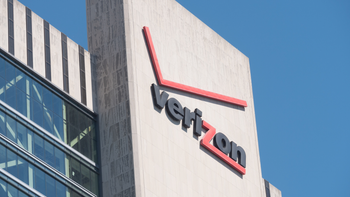

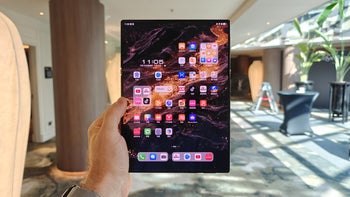

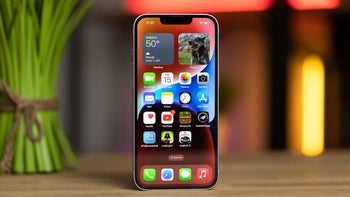
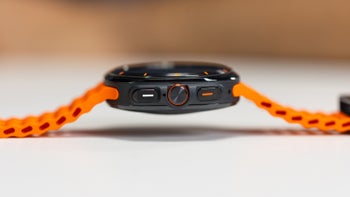
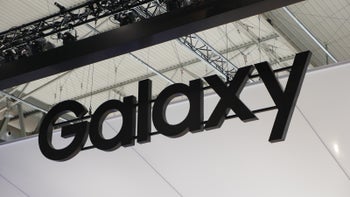
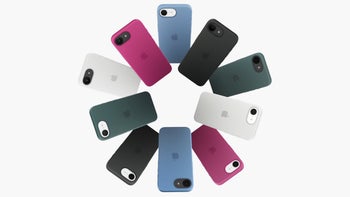
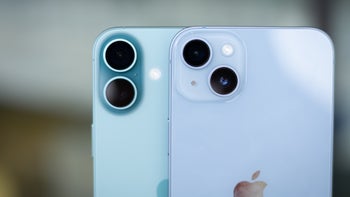

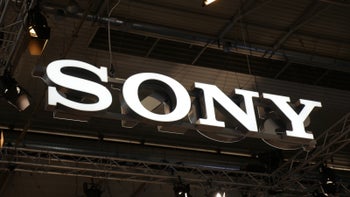
Things that are NOT allowed: